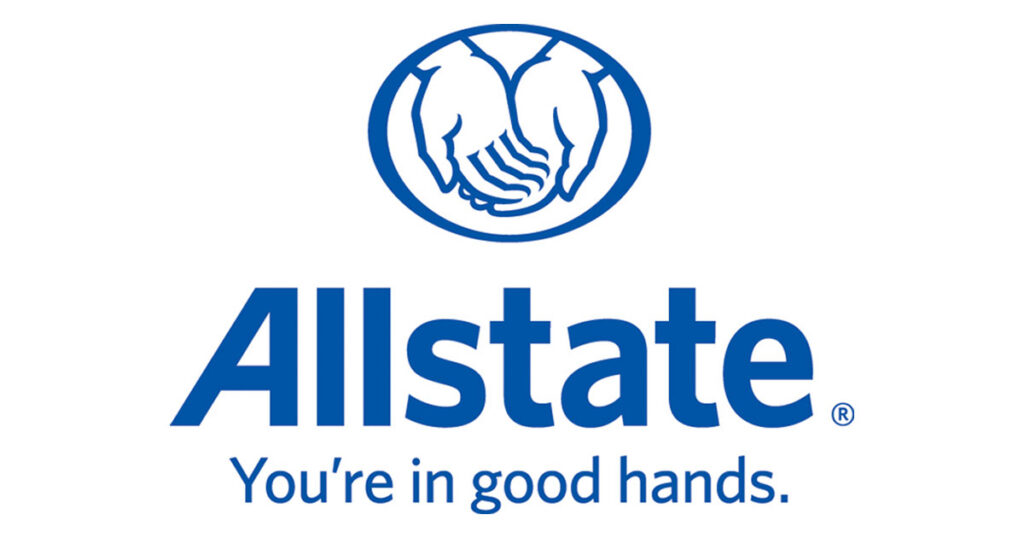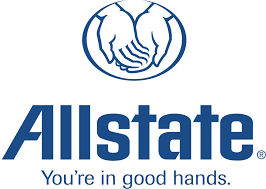
If only New York was like Alabama. I can almost see your jaw drop and eyes pop.
But New York has a problem and Alabama has a solution. And we should be all over it.
The problem is bad faith by insurance companies, refusing to settle matters because no one holds their feet to the fire to act in good faith. And that causes a backlog in the courthouse. Under normal circumstances.
Those normal circumstances mean, for example, that if a driver has a $100K policy, and there are $400K in damages, the insurance carrier may simply string the case along.
Why not? What’s their downside? The plaintiff, after all, may be desperate and the longer the desperation goes on the better for the insurance company.
And second, if the carriers figure it will cost the plaintiff $20K to try the case, they see little reason to pony up a $100K policy. If a plaintiff fails to take $80K, for example, and spends $20K trying the case, they could “win” with a jury verdict but be worse off than the lower settlement. So they demand a gift.
And if you take a verdict in excess of the policy limit, you’re generally stuck with the policy plus a judgment to collect the rest. But that judgement is against someone that likely can’t pay (which is why they had a small policy to start with).
Last year I laid out the cockamamie way that New York handles bad faith. Briefly, you have to first spend all the money, then take an excess verdict and then get that person you just sued — who owes your client the balance of the funds — to hire you to sue his own carrier for bad faith. Maybe they will, maybe they won’t, maybe they vanish. And the second lawsuit will tack on a few more years.
Now add in the COVID-19 pandemic. Trials have stopped for months on end (and maybe longer). And a trial is the only way to pressure an insurance company. There is now a shit ton of financially strapped, unemployed people, and no pressure at all on the insurance companies to dispose of cases since no juries are being selected any time soon. The problem of an already-overloaded judicial system is now exacerbated.
Just the other day I wrote how a judge had to order virtual depositions go forward due to intransigence by the defense. The defendants tried to use the pandemic as a tactic to stall, stall, stall the case until a vaccine is available or the pandemic has otherwise abated. Delaying justice and thereby denying it.
Now we turn to Alabama. Like many states, Alabama has an actual bad faith statute. And judges are not amused when carriers play games. Because judges don’t want to see their dockets clogged with cases that can be resolved.
Enter, stage deep south, Circuit Judge Karen Hall of Madison County. I know nothing at all about Judge Hall or her politics, age, race, religion, favorite ball team or anything else. What I do know is that she was not amused at Allstate for playing games in her courtroom. And I know this because she gave an award of bad faith damages well in excess of what the plaintiff actually asked for. (Thank you Kevin Grennan for forwarding me this decision.)
Allstate, you may not be surprised to learn given its presence here in this post, did what The Good Hands People apparently likes to do — stall and make the plaintiff spend money because how dare they bring a lawsuit against it.
There was just a $75K underinsured policy in Harbin v. Stewart, so the plaintiff was proceeding against his own insurer for that underinsured coverage that he paid for. Judge Hall ordered them to mediation with all sides to have someone present with full authority to settle. This was, as Judge Hall noted, a “significant damages case” with over $234K in medical bills alone.
The plaintiff traveled to the mediation along with his wife and lawyer ready to talk. The Allstate adjuster decided to stay home. Worse, while defense counsel arrived, he had no authority to settle. He offered nothing. Nada. Bupkus. The judge was not amused at Allstate’s violation of her order.
So they went to trial. Allstate didn’t even contest liability. In other words, The Good Hands People knew they would have to pay something, there were $234K in medical bills after all, and it still offered zip-a-dee-doo-da.
The jury came back with $690K.
Now this is where New York’s legislature should take note, because some problems in Alabama (and elsewhere) are no different than here. Judge Hall noted that the rules were designed for the just, speedy an inexpensive determination of actions. That same theory, though the actual language may differ among states, permeates every courthouse and judicial system. In essence, don’t waste our time, or that of our citizens who must sit jury duty.
After that $690K verdict, plaintiff’s counsel asked for $5K in costs and $52K in legal fees in addition to the $75K policy.
Nope. Not as per Judge Hall. No way. She would not do that.
Two days ago she walloped them, instead, with a $620K sanction. In doing so she noted that Allstate was a repeat offender. And she needed some way to make its conduct stop.
The requested relief, the court wrote, was “inadequate to accomplish the dual purposes of addressing the burden placed on the Plaintiff and addressing the overarching effects of Allstate’s conduct upon the Courts of Alabama, civil litigants, witnesses, and Alabama citizens who must serve on juries every time Allstate behaves in this fashion.”
You can rest assured that Allstate will not try that trick in her courtroom again.
Now it’s New York’s turn. When will our Legislature give us a bad faith law with actual teeth? We are about to see the Mother of All Backlogs in our court due to the virus. It will be exacerbated by insurance company delays. And if/when we get to trial, injured New Yorkers are left looking at carriers offering 50-70 cents on the dollar in some cases, even when the liability is clear.
How will New York deal with the effects of deliberate insurance company delays upon the courts, civil litigants, witnesses, and New York citizens who must serve on juries every time an insurer behaves in this fashion?
Adding insult to injury, New York is likely to see a massive financial strain due to the virus. Albany may well be increasing taxes and decreasing services to balance the budget. There’s little question the justice system will take a further beating on top of what is going on now.
So dear Legislators, please finally pass a bad faith law. With real teeth. Let the judges start enforcing it.
You have the power to make the backlog disappear, stop bad faith and bring long-awaited justice to those that seek it. And help save the State some money in the process.
The case is here: Harbin v. Stewart
